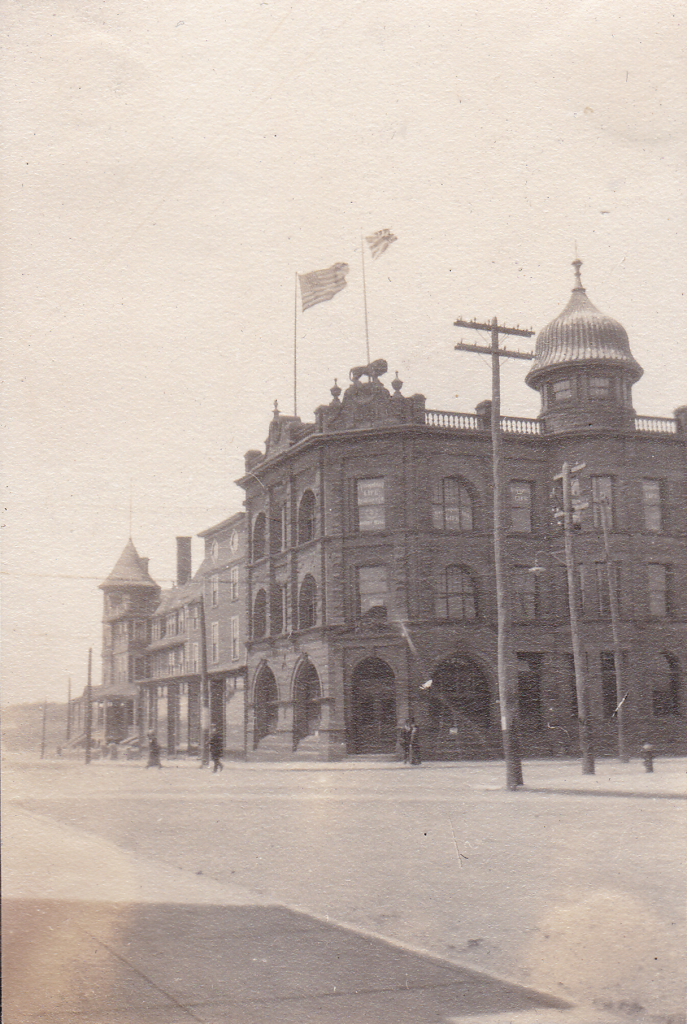American Consular Service
Before delving into the story of the American Consular Service in Sydney, Nova Scotia, it is important to understand what the American Consular Service is and how it functions.
When Charles Freeman was appointed Consul to Sydney, the American Consular Service was one of three divisions within the U.S. Department of State. First there were the individuals working in the central office in Washington, D.C., including the Secretary of State, who collected information from individuals working in the field. They also attempted to earn support for official foreign policy. Next, there were the two branches of the U.S. Foreign Service: the Diplomatic Corps and the Consular Service.
Before World War I, the U.S. Foreign Service concerned itself primarily with the country’s commercial expansion. Diplomatic embassies or missions, located in the capital cities of many foreign countries, dealt with the political affairs of the entire area. Consuls were assigned to a specific consular district and were concerned with facilitating trade and protecting the lives and property of U.S. citizens abroad. The types of tasks consuls performed varied from place to place, but often occurred in port cities at the local level. In 1924, the Consular Service and the Diplomatic Corps combined and became the U.S. Foreign Service. Many of the consular postings closed and their responsibilities transferred to nearby Embassies and Consulates. Currently, Nova Scotia is served by an American Consulate in Halifax.
Throughout the 19th century, a consul’s main concern was aiding Americans engaged in maritime commerce. Over time they were tasked with reporting on the commercial conditions of ports within their consular districts. When Charles Freeman joined the Consular Service in 1898, he not only facilitated trade but negotiated for improvements in trade agreements, responded to questions about the host country for Americans and about the United States for those living in his consular area. He represented the U.S. government at social events and ceremonial functions, assisted Americans abroad when they were ill, destitute or orphaned, searched for fugitives from the law and screened potential immigrants.
A Consul was appointed by the President of the United States with Senate approval and then assigned to a particular consular district. Consul-Generals stationed in nearby ports supervised consuls. Often the supervision was minimal, so the Consul carried out his tasks with a fair amount of autonomy. Consular agencies were under the jurisdiction of the consul, but established in ports that did not have enough business for a full-fledged consulate. Consular agents were usually not U.S. citizens and were appointed by the State Department, not the President of the United States, upon a recommendation by the Consul. They were paid a small amount for their services, but earned a living elsewhere, often engaged in local industries and commerce. Within the consular office, there was a Vice or Deputy Consul, appointed by the Secretary of State upon the Consul’s recommendation. They acted for the Consul when they were absent and performed some clerical and administrative duties. Each Consul also had clerical staff.
